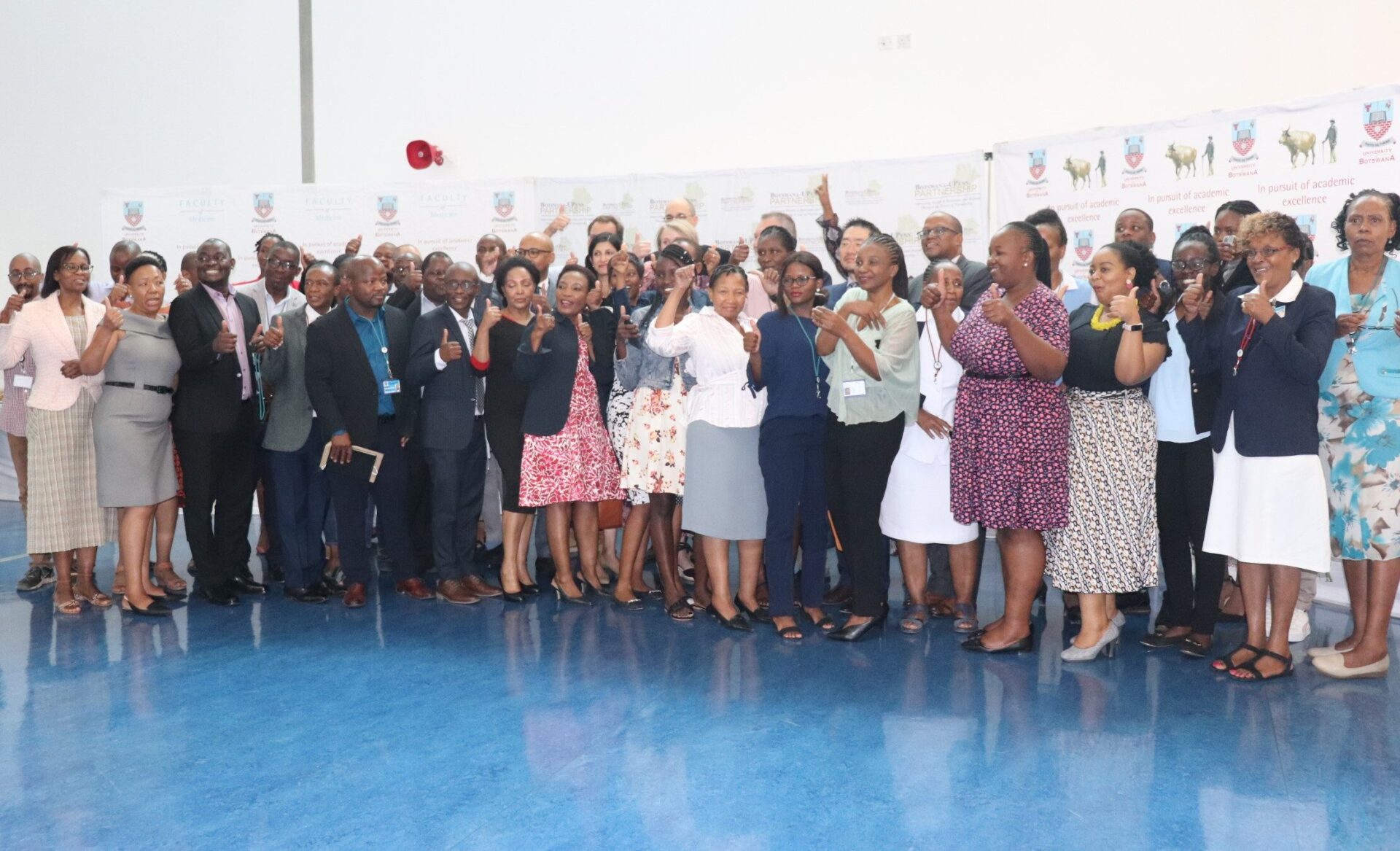
Thibang Diphatlha: Testing Adaptive Strategies to Close the Gap From Cervical Cancer Diagnosis to Treatment in Botswana
- Clinical Transformation,
- Health Equity
Part of the Botswana-UPenn Partnership, this project is testing communication methods to streamline the coordination of cervical cancer diagnosis and treatment for women in Botswana. If successful, the strategies employed in this study could expand to address other areas of cancer control.
Women in the sub-Saharan African nation of Botswana are 10 times more likely than their American counterparts to die of cervical cancer. This is due in large part to the nation’s high prevalence of HIV, which substantially increases cervical cancer risk. Botswana has the world’s third-highest rate of HIV prevalence, with 22 percent of its population infected. Compounding the challenges, however, are persistent gaps in communication and coordination that routinely lead to catastrophic breakdowns in diagnosis and treatment.
As part of a study supported by a $3.5 million grant from the National Cancer Institute (NCI), investigators are identifying and testing communication methods, such as text messaging or phone-based patient navigation, that hold the potential to streamline the coordination of cervical cancer treatment and diagnosis. The study will employ a Sequential Multiple Assignment Randomized Trial (SMART) design and will leverage qualitative comparative analysis to understand factors which impact participants’ response to strategies encouraging adoption of timely treatment, defined as initiation of treatment within 90 days.
Findings from this study will inform future work in cancer control in lower- and middle-income countries (LMICs) and will advance the understanding of interventions which can improve cancer control where resources are limited.
This work builds on the ongoing efforts of the Botswana-UPenn Partnership, working to improve health in Botswana since 2001. If successful, the strategies employed in this study could be easily translated to address other areas of cancer control.
Project Leads
Project Team
-
Lisa Bazzett-Matabele
-
Rinad Beidas
-
Ari Ho Foster
-
Thanolo Kashamba
-
Koorileng Kesalopa
-
Kristin Linn
-
Rebecca Luckett
-
Doreen Ramogola-Masire
-
Debra Ritzwoller


